Ask – Ryan Levesque. Is there anything special about it? What may I expect to take away from it?
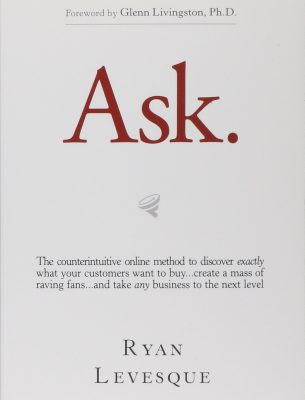

The book in a few sentences
Being a framework to help understand the need of your potential clients, the “Ask” book consists of two parts. First part(The Story) – Ryan tells his story, why and how he decided to write the book and for whom.
Second part(The Details) – Where he goes into technical, heavy detail on what kind of surveys and E-mail sequences you need to create to get to know your prospect* better and convert them to customers.
Book Table of Contents
Opening Credits (00:19)
Dedication (00:22)
Foreword (07:50)
Part I—Ask: The Story (00:05)
Chapter 1: You: Who, What, & Why… (10:30)
Chapter 2: Strange Questions… and Stranger Answers (09:50)
Chapter 3: The Discovery (03:59)
Chapter 4: My Crisis (14:09)
Chapter 5: Working Hard for the Dream (12:34)
Chapter 6: An Unexpected Twist (09:52)
Chapter 7: The Letter (36:46)
Chapter 8: Standing on the Shoulders of Giants (12:13)
Chapter 9: Taking the Leap (10:12)
Chapter 10: Things Finally Come Together (07:58)
Part II—Ask: The Methodology (00:06)
Chapter 11: Getting Started: How to Read the Ask Methodology (06:07)
Chapter 12: The Process: Prepare, Persuade, Segment, Prescribe, Profit, Pivot1 (6:55)
Chapter 13: Prepare: The Deep Dive Survey (01:05:19)
Chapter 14: Persuade: The Prospect Self-Discovery Landing Page (33:29)
Chapter 15: Segment: The Micro-Commitment Bucket Survey (25:54)
Chapter 16: Prescribe: The Post-Survey Sales Prescription (15:14)
Chapter 17: Profit: The Profit Maximization Upsell Sequence (11:24)
Chapter 18: Pivot: The Email Follow-Up Feedback Loop (35:41)
Chapter 19: Case Study #1: Tennis Training—Zero to $250,000 in 6 Months (04:47)
Chapter 20: Case Study #2: Water Ionizer Market—$750,000 in 5 Days (07:29)
Chapter 21: Why: The Reason For Writing This Book (04:18)
Chapter 22: Next Steps: Now It’s Your Turn to Ask (03:11)
End Credits (00:34)
Decision Process
This book was refered to in two great books from two great authors. Russell Brunson’s “DotCom Secrets” and Patt Flynn’s “Will it fly?”
Which as of itself was a good enough reason to read that book.
Book Attributes
Author (Ryan Levesque)
-CEO of the “Ask Method” company the book of which “Ask” was featured as the #1 Marketing book of the year by Inc. Magazine and entrepreneur magazine as #2 must read book.
-The “Ask Method” was also put on #462 on Inc.500 list (2017) and the 7th fast growing in Austin, Texas.
-Ryan is also the founder of bucket.io the leading Survey Funnel Software in the market(1)
Length
Physical/Audio: 216 pages/6 hrs 7 min
Reviews
Amazon.com reviews are an average of 4.3/5 with 1,022 reviews total as of the moment of writing.
5 Concepts from Ask Ryan Levesque
1. Don't Ask the Audience What They Want.

We cannot and should not ask people what it is that they want, because they don’t really know.
For example often when you want to order food with friends, they might often say “I don’t know, what do you want?” and then go pondering that question for ages.
Instead the two things you can ask them and they will answer quickly and with certainty are:
One: What do they not want?
Two: What did they eat yesterday?
“If I had asked people what they wanted, they would have said faster horses.”
"It's really hard to design products by focus groups. A lot of times, people don't know what they want until you show it to them."
2. Seperate The Market Into Specific Segments

One of Ryan’s first business attempts was creating a jewelry assembling guide on Etsy.
At first he started by a one-size-fits-all guide, but then he created three seperate guides,
One for creators of origami jewelry, photo jewelry(scrabble tiles) and mosaic jewelry, as a result, sales skyrocketed. So for example for me It could mean having YouTube, Facebook and Blog Marketing instead of just “Marketing”.
3. The 4 Surveys
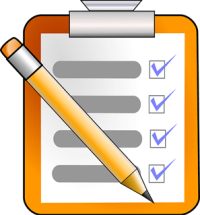
The framework could largely be seperated into 4 main parts ( which are all named after the main survey in the part ).
1. The Deep Dive Survey
This is where you find out as much as you can about who your target audience actually is, and what it is that they don’t want or have used earlier, according to that you may create products and sub-segments of the audience. To do this, there’s a seperate strategy for those who have a list and those who don’t.
2. The Micro Commitment Bucket Survey
This survey is Identifying to which subgroup of your market a particular customer belongs. At the end of which you take their e-mail and provide them with the product that you believe most suits them according to their results.
Moreover, it starts the momentum and makes the prospects a lot more likely to enter their credentials, because they already stopped to give a few answers, so theese small actions of cooperation make it more likely for them to keep going. ( Just as the principle consistency in the book Influence by Robert Cialdini or the “Yes” clauses that Russell Brunson talks about in his book Expert secrets )
3. The Do You Hate Me Survey
After all other marketing efforts have failed you ask an open ended question of why did the audience not buy the product, so that you may answer the problems they present, and offer them the product once again.
4. The Pivot Survey
If even the Do You Hate Me Survey failed, you recognize that probably the last product you offered wasn’t for them and ask them what they would like to get mails about next. For the first time you might ask it as an open ended question if you don’t know which options most interest your prospects. After you’ve got enough info, start using a multiple choice question which redirects to your pre-made sequences.
4. The Email Sequence 12 Mails Loop
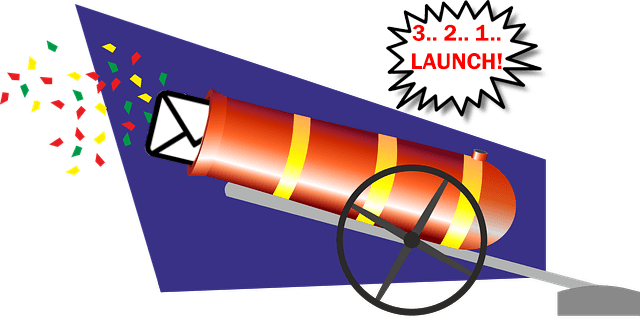
The Non-Buyer 12 Email sequence is designed to convince those who didn’t buy the customized product that you suggested right after the micro commitment survey.
While the buyer 12 email sequence comes after the sale and is designed to promote accompanying products.
Below is an overview of The Non-Buyer E-mail sequence.
The Non-Buyer Email Sequence Concisely
1. The solution you promised after the micro-commitment survey
2-4. Either three seperate exciting stories or One story in three parts that ties back to the customized offer you’ve made.
5 – Urgency (For impulse buyers)
6 – FAQ
7 – Testimonials
8 – Last day email (For procrastinators)
9 – The do you hate me survey (Explained earlier)
10 – Announce re-opening the sale according to the survey data and a live FAQ stream.
11 – Text version of the FAQ
12 – Pivot Survey – if all failed up until now offer 3 options and follow up with the next according 12 mail loop.
5. 80/20 works here too
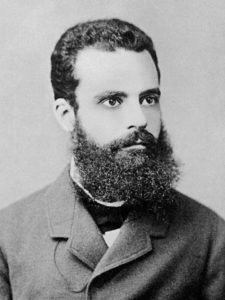
– Vilfredo Pareto
The man to whom the 80/20 principle discovery is attrubuted
Recognize that even though you offer customized answer options in the micro commitment survey, the goal is never to satisfy all the customers, because a small percentage will always be at the extremes. Rather your goal is to seperate prospects into 3-5 groups which will represent 80% of the audience, and present the options that represent those groups.
The main takeaway


Last Time I Procrastinated
I already gathered 4 recommendations to making a survey funnel (from those that pop to mind right now)
from Bulldog Mindset(1:10:25 – 1:10:50), Russell Brunson’s Dotcom Secrets, Patt Flynn’s Willitfly and this book – Ask.
I’ve been trying to implement it, but allowed the fact that the software I needed was paid to make me procrastinate.
The new plan
As soon as I’m done paying for VideoScribe for this month, I shall purchase Thrive Themes(30$/mo) which is the cheepest software with the interactive functions that are needed and that I’m aware of to create surveys as opposed to ClickFunnels(99$/mo), Bucket.io(200$/mo) and Alchemer(49$/mo) (Surveygismo)].
P.S. As I was writing this I figured that there’s also Google Forms which is FREE, which might not be ideal at all, but might be a good place to start.
My Thoughts On Ask by Ryan Levesque

The first part is a much needed story to emotionally connect to the formula or strategy, while the second part is technical nitty gritty which I cannot testify upon until I implement myself, but from the looks of it, it seems to be quite a useful thing. Will update this post with the link to the first deep dive/micro commitment survey I’ll build right after this sentence.
Rating (6 Parameters)
Narration
Clarity of Speech
Fluency
Expressing Emotions
Plot
Is there a storyline? How connected is one Idea to the one before it?
Answer: Yup, the first part is simply a story, and the second part is written more or less in the same order as it should be applied (Apart from the E-mail sequence that needs to be applied in different places in different cases). 10/10
Heading Distribution
Drive For Implementation
How much does the book push you to apply it’s contents?
Visuals
Direct Calls to Action
Providing Actual Specific Details
Can you actually apply the Ideas in the book without additional resources?
Answer: I have yet to apply them, but it does seem like there is enough technical data to conduct the surveys with Google Forms for free (Though it’s better to use paid software of course) 5/7
Examples
Content
How interesting/useful was the content?
Answer: Since I haven’t yet used the contents, it’s difficult to answer. It felt like drinking from a firehose. There’s a lot of information that does not spark some sexy a-ha moments. That said, it seems to be very thought out and applicable, just something that takes lots of time to understand and apply. Estimation: 14/20
Final Rating

Narration – 20/20
Plot – 10/10
Heading Distribution – 8/10
Drive for Implementation – 12/20
Examples – 7/20
Content – 14/20
Final Rating – 71/100
Get “Ask Ryan Levesque” and 9 other audiobooks for FREE with the “10 FREE Audiobooks” freebie below.
The most important thing is to start ... you're armed with everything you need to take the next step, the only question is this: Are you ready? Because now it is your turn to Ask.
Freebies/PDFs
Related Articles
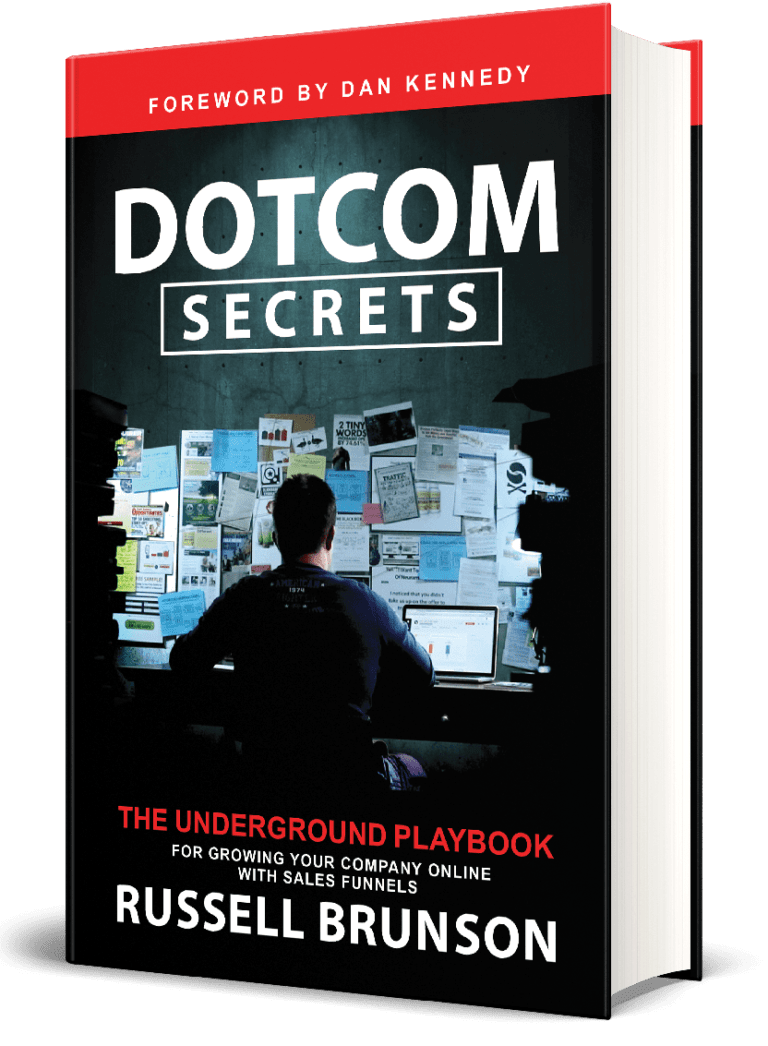
28 DotCom Secrets for Internet Marketing Mastery
Is the best-selling first book of Russell Brunson “DotCom Secrets” really worth the fuss? Animated Summary Book Table of Contents Introduction Opening Credits (00:00:13) Introduction
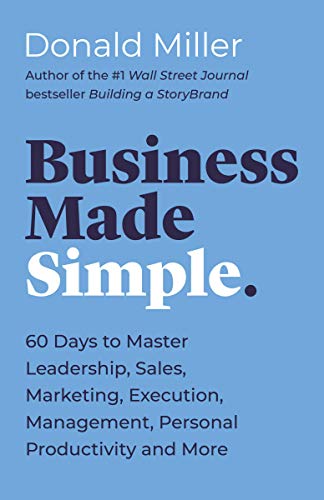
Business Made Simple Should I Read This Fine Book?
Wondering whether Business Made Simple by Donald Miller will help you with your business? Want to get a taste of a few of it’s Ideas
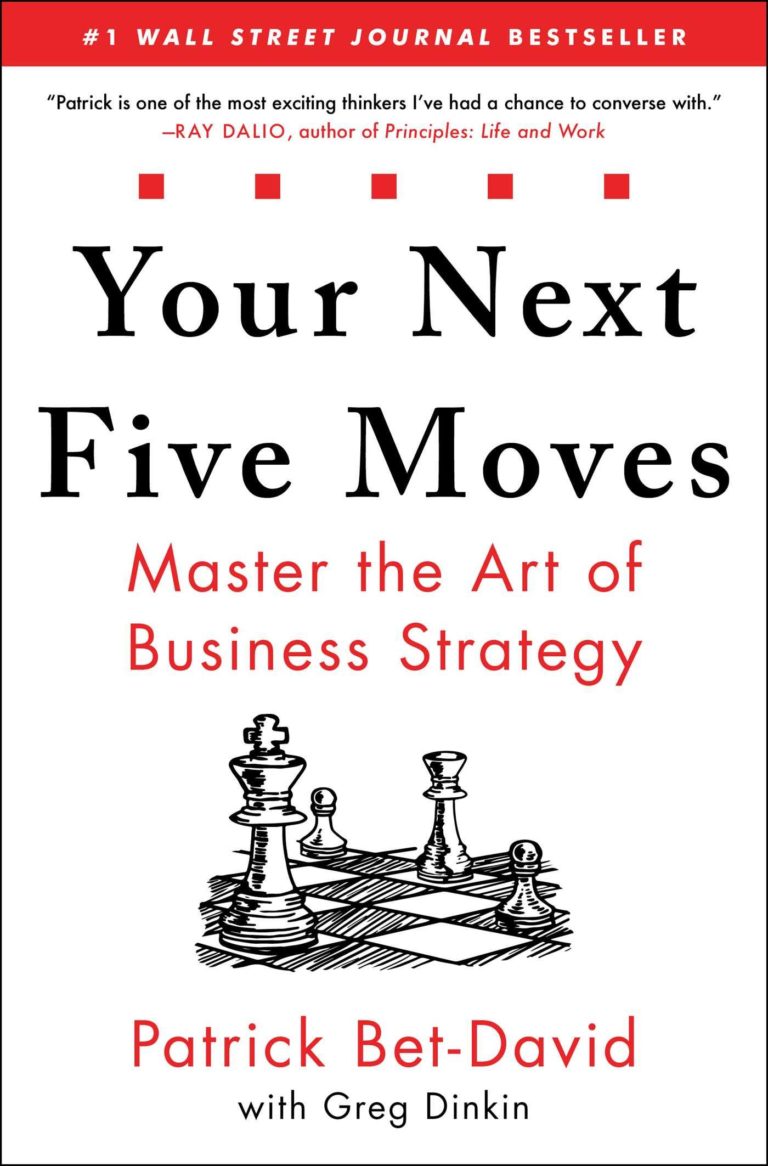
Your Next 5 Moves For A Thriving Business – Detailed Review
A detailed summary of a business strategy book with your next 5 moves. Written by the creator of one of the leading YouTube channels for